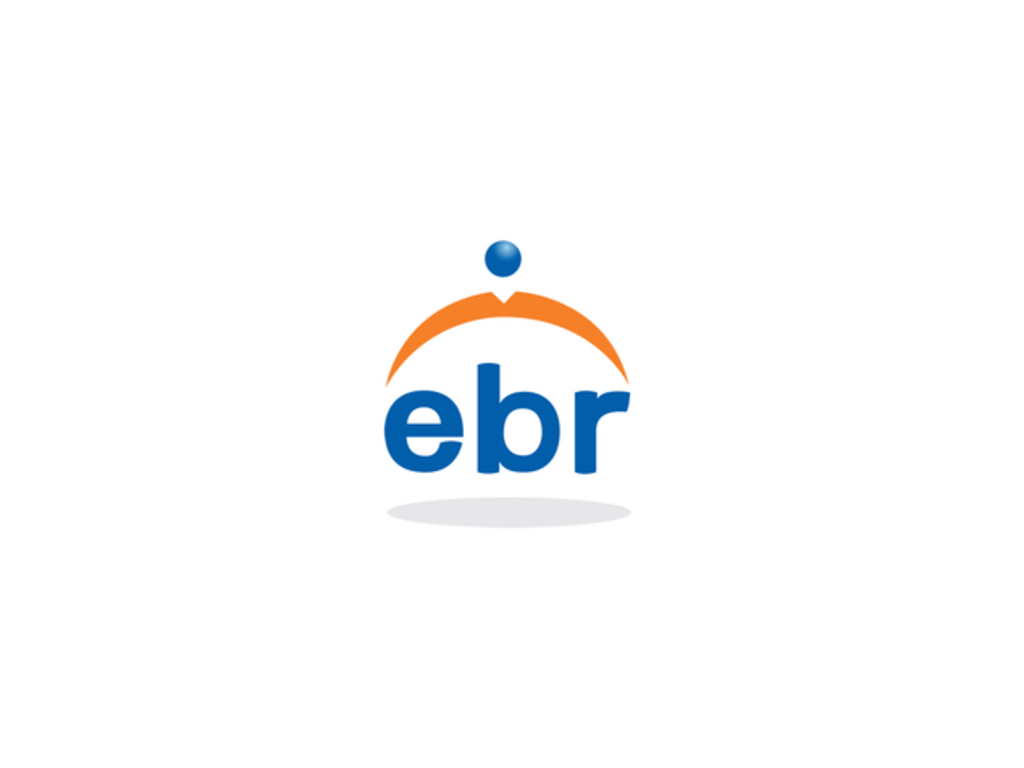published: 10 Feb 2021
5 min read | website: www.ebr.com.au
When recruiting new employees for your company, there are several subtleties you can miss if you're not careful. And that opens you up to the risk of making a bad hire, which could have a ripple effect through your entire team or even company. Here are some top tips to help you evaluate a resume thoroughly and quickly.
Scan the resume to have an overall initial impression.
Paper resumes must pass the 'feel' test. You'll want to see at a glance that the applicant fulfills your key expectations. experience, and qualifications of the person whom you would hire. Look especially for a flawless presentation, correct spelling and grammar, and their attention to detail. Look for a summary statement of qualifications and experience. If the candidate has taken the time and customized their summary for your job, this enables you to quickly find the characteristics you seek from your role profile. These resumes quickly hit the 'further review' pile.
Watch for potential red flags for employers.
Some resumes contain warning signs of potential problems that may outweigh a candidate's abilities and experience. Some of the biggest red flags to look for as you evaluate resumes are unexplained employment gaps (long breaks between jobs), excessive job hopping as this could indicate an uncommitted worker, a static career with a series of jobs with no increase in responsibility could suggest a lack of career direction or drive and careless mistakes as there's no excuse for a resume that's difficult to read, poorly organized or littered with typos (it could demonstrate a lack of attention to detail).
Look for tailored messaging or customized cover letter.
Some resumes may pass your initial review but fail to impress as you dig deeper. If the resume and cover letter appear generic, it's likely the applicant is sending the exact same document to multiple employers. Serious contenders customize their resumes, emphasizing those skills and qualifications that are most relevant to the job description you posted. When you review resumes, look for ones that have been clearly crafted with that specific job posting in mind.
Pay attention to their choice of words.
Watch for jargon and buzzwords that are designed to make a candidate sound smart but may cover up a lack of expertise. Some candidates tend to use ambiguous language to camouflage a lack of experience or knowledge. For instance, phrases such as 'familiar with' and 'participated in' can leave you with more questions than answers.
Be rigorous but not rigid with their experiences and contributions.
Review the most recent employers and the applicant's stated experience, accomplishments, and contributions. At this point, you must have found a significant cross-over between the applicant's resume and your requirements. While a checklist is helpful for narrowing down applications in an objective way, try to keep an open mind. Not everyone has followed a traditional career path, and their experience could be all the richer for it. Be sure to differentiate between essential qualifications needed to do the job and knowledge that can easily be gained in-house.

Are we missing something? Help us improve this article. Reach out to us.
















